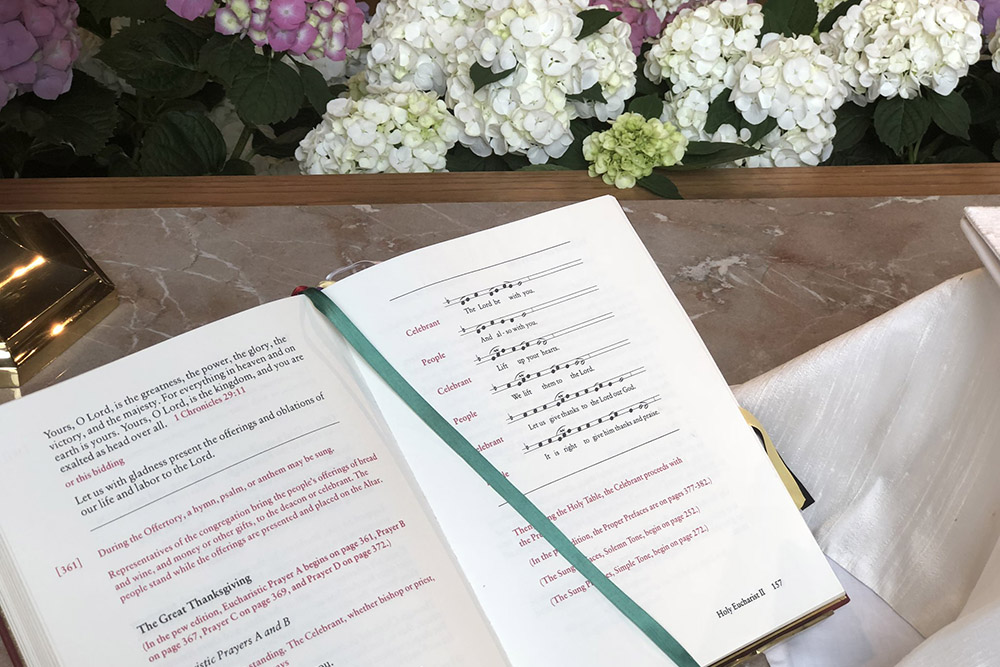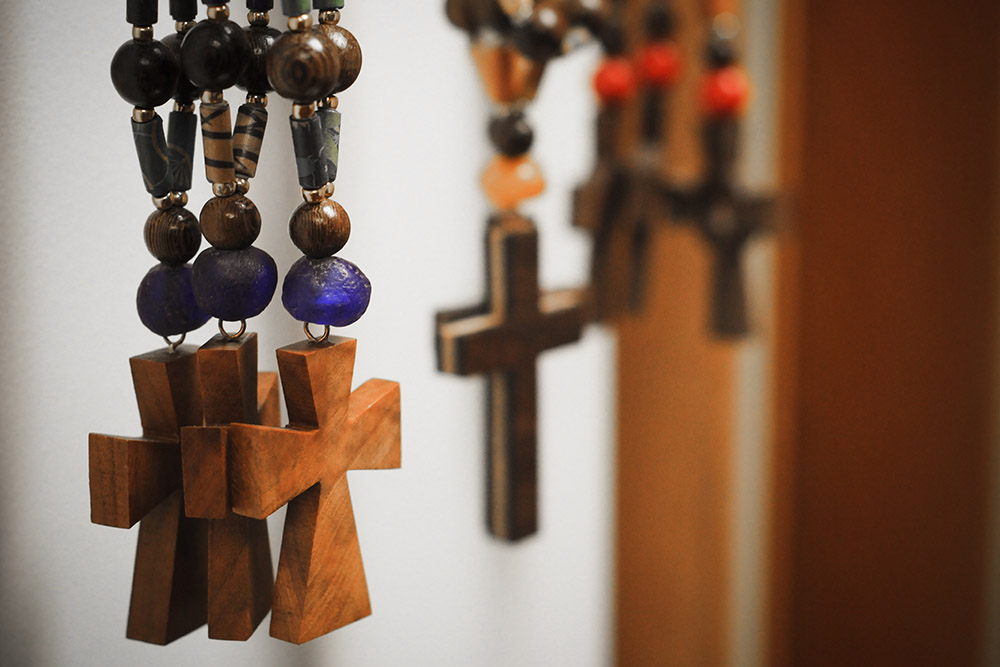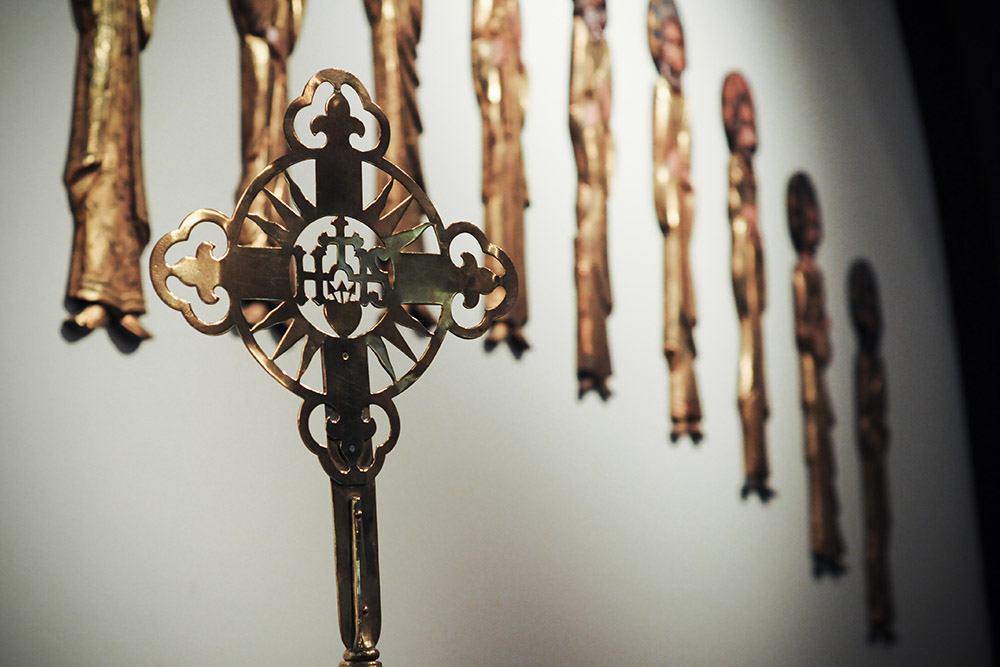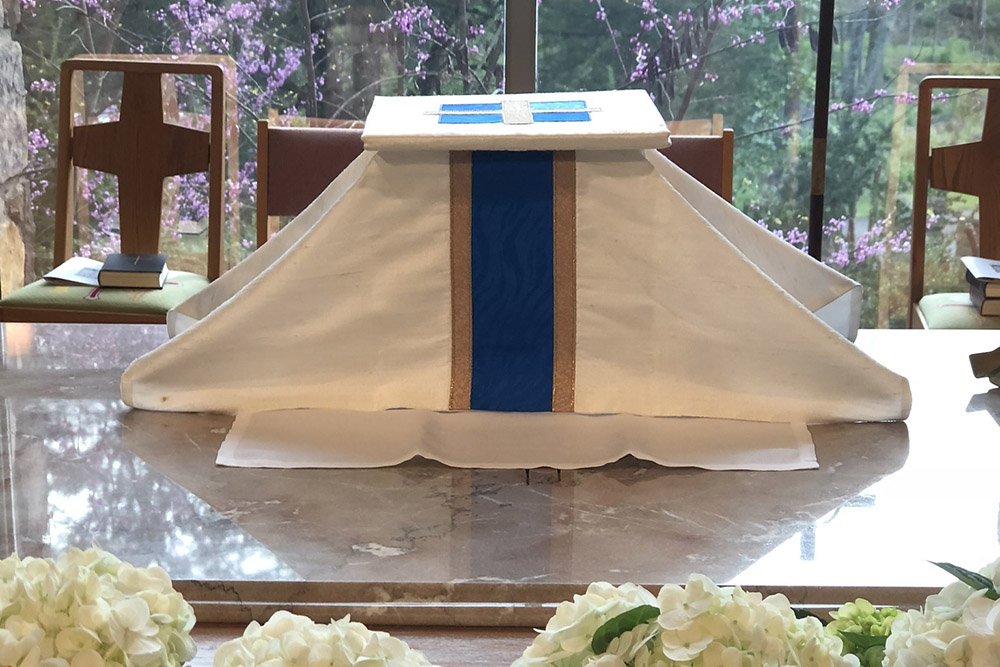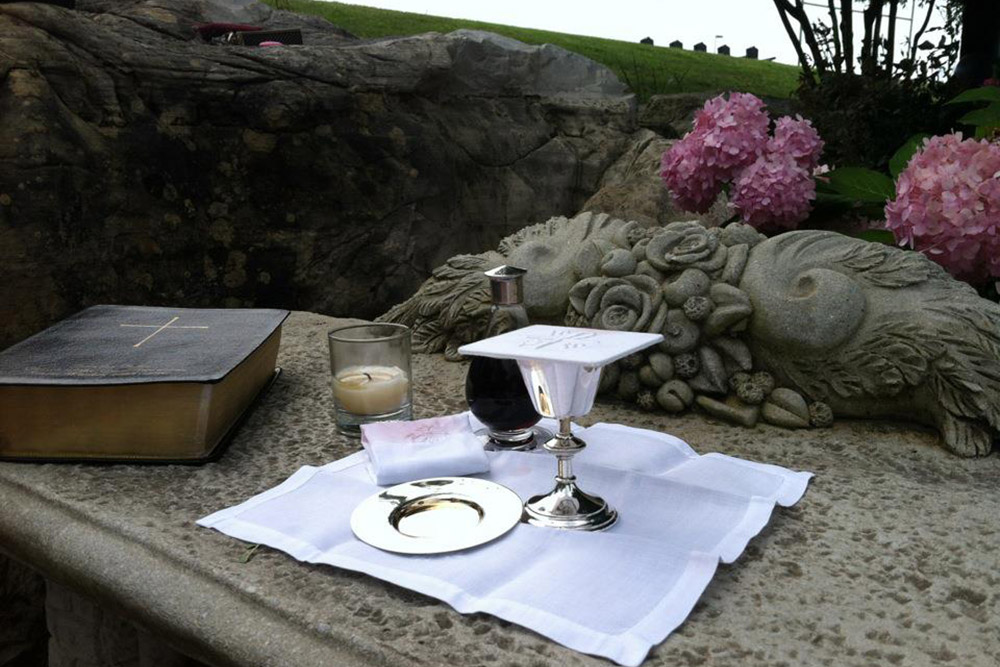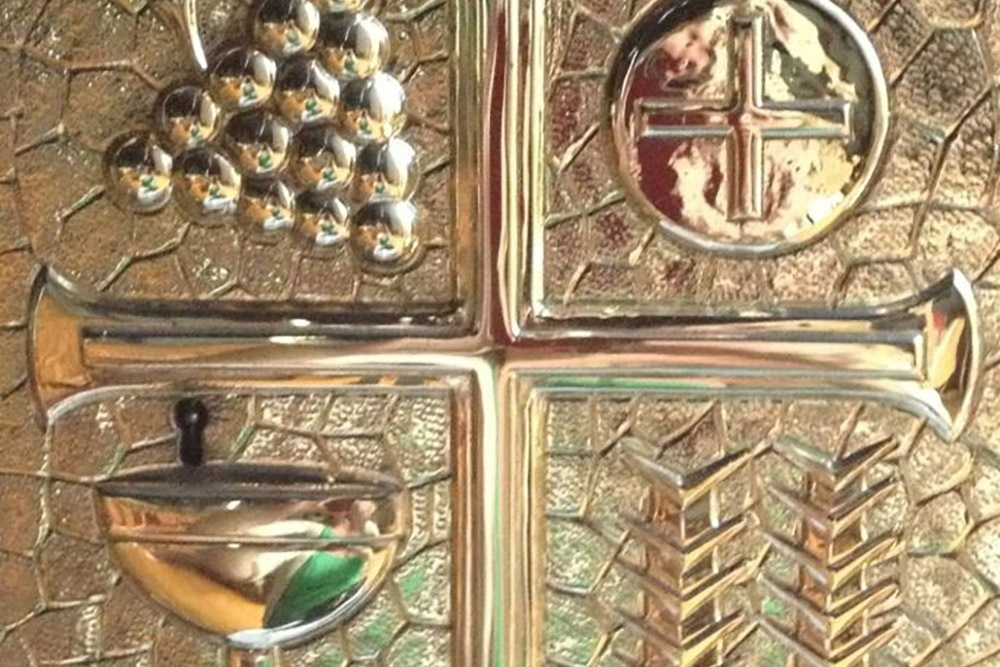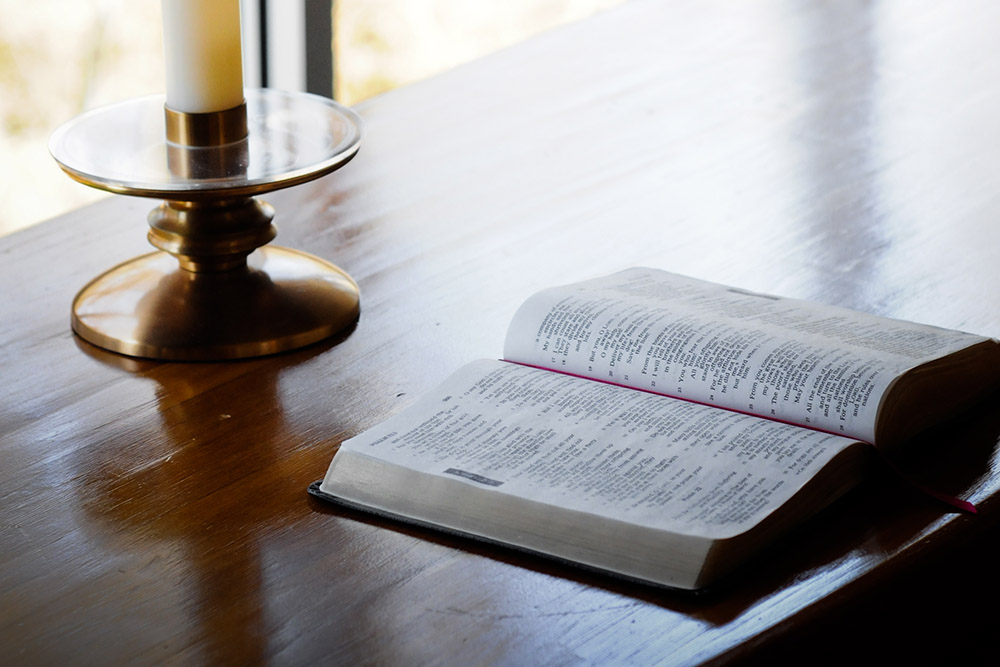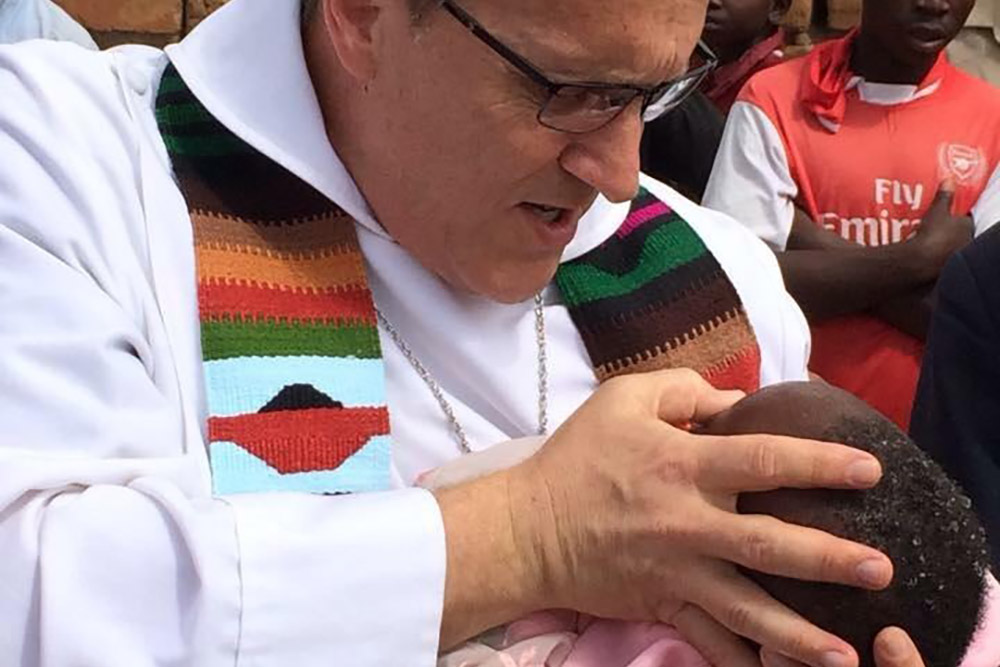We Episcopalians believe in a loving, liberating, and life-giving God: Father, Son, and Holy Spirit. As constituent members of the Anglican Communion in the United States, we are descendants of and partners with the Church of England and the Scottish Episcopal Church and are part of the third largest group of Christians in the world.
We believe in following the teachings of Jesus Christ, whose life, death, and resurrection saved the world.
We have a legacy of inclusion, aspiring to tell and exemplify God’s love for every human being; women and men serve as bishops, priests, and deacons in our church. Laypeople and clergy cooperate as leaders at all levels of our church. Leadership is a gift from God and can be expressed by all people in our church, regardless of race, sexual identity or orientation.
We believe that God loves you – no exceptions.
At the Church of the Good Samaritan, our mission and calling are summed up by:
Grow in Faith, Live in Hope, Share God’s Love
How We Practice What We Believe
At Good Sam we have adopted 8 ancient practices to develop and nurture us on our Journey with God.
› Prayer – a daily commitment to be in touch with God and nurture that essential relationship.
› Worship – [at least] a weekly commitment to gather in a community with a sacred purpose to give God thanks and praise.
› Study – to grow in our knowledge of God and Scripture by engaging with others in this Journey.
› Serve – to live into our name by making a difference for those in need in our community, which is global.
› Give – to support the ministry of this community with our time, talent, and treasure.
› Sabbath – to make space in our lives for sacred rest, intentional time with God, family, and loved ones.
› Fasting – to withhold certain things from our lives to help us focus on our Journey with God. In the Anglican tradition, we often “give something up for Lent” as we journey with Jesus to Jerusalem and the Cross. We also encourage “taking something on” [a new prayer practice or bible study].
› Pilgrimage – to make periodic journeys with the intention of deepening our relationship with God. There are some once in a life time pilgrimages like the Holy Land or Celtic sites in the UK [we have our origin in the Church of England and the Scottish Episcopal Church]. But a pilgrimage would also be a long weekend retreat to take time to reflect on our Journey with God, the ways we have chosen to keep these practices, and how we want to deepen our relationship with God.
Each of these Practices are deeply personal and each person needs to determine how their Practices will be “practiced” to be most meaningful [for example, what manner of prayer is most helpful to you] to their own journey with God.

